A landmark study published in Cell has shown that prime editing, a cutting-edge form of gene editing, can correct mutations causing Alternating Hemiplegia of Childhood (AHC) with a single in-brain injection. The research team fixed the most prevalent ATP1A3 gene mutations in mouse models, reducing symptoms and more than doubling survival, a first-of-its-kind success in treating a neurological disease directly in the brain. CRISPR-based gene editing was delivered through an harmless adeno-associated virus called AAV9. In parallel, patient-derived cells (iPSCs) responded similarly, reinforcing the method’s promise for human translation. Importantly, this success opens the door to targeting other genetic brain disorders previously deemed untreatable. Although results are preliminary, this study provides robust proof‑of‑concept for personalized gene editing in the brain and opens doors toward potential treatments for other intractable genetic neurological disorders.






 Your new post is loading...
Your new post is loading...

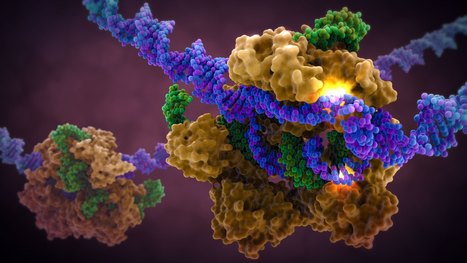




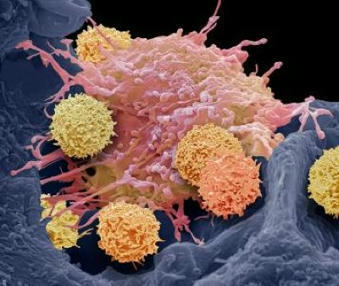


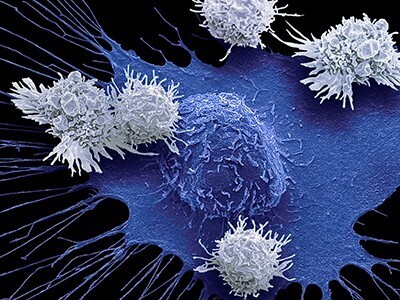
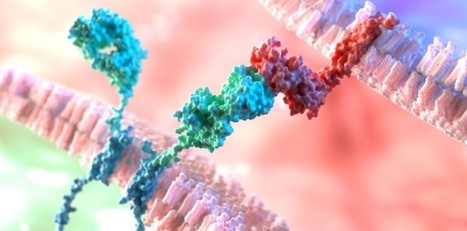
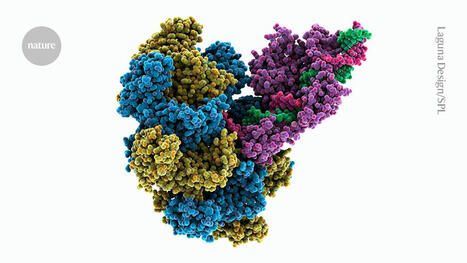


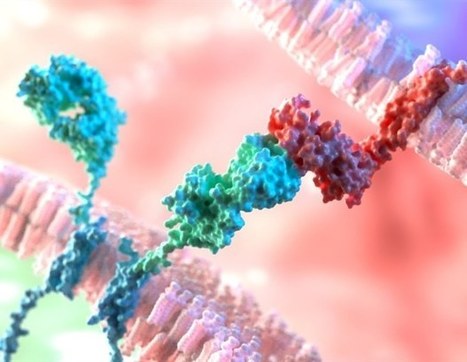


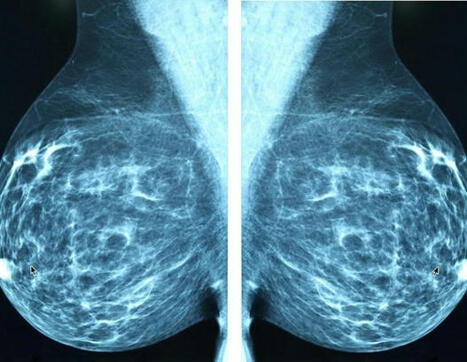
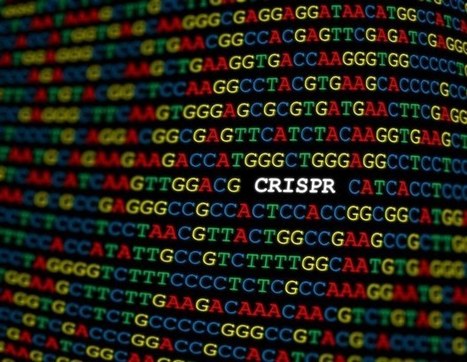
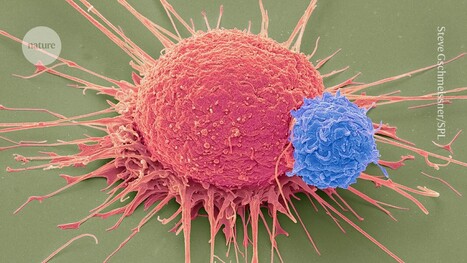








The first CAR T-cell therapy was approved for pediatric acute lymphoblastic leukemia back in 2017. CAR T-cell therapies are now advancing beyond hematologic malignancies, showing early efficacy in solid tumors. Agents like satricabtagene autoleucel (satri-cel) and ALLO-316 have demonstrated promising activity in gastrointestinal cancer and renal cell carcinoma, respectively. They have received FDA designations such as fast track and regenerative medicine advanced therapy (RMAT). Solid tumors present unique challenges, including antigen heterogeneity, immunosuppressive microenvironments, and fibrotic structures that hinder CAR T-cell infiltration and function. To address these, researchers are exploring combination strategies, such as pairing CAR T-cells with immune checkpoint inhibitors, to enhance efficacy. These developments suggest a promising future for CAR T-cell therapies in treating solid tumors, with ongoing research focused on improving targeting precision and reducing toxicity. The field is moving toward more effective and safer treatments for patients with solid malignancies.